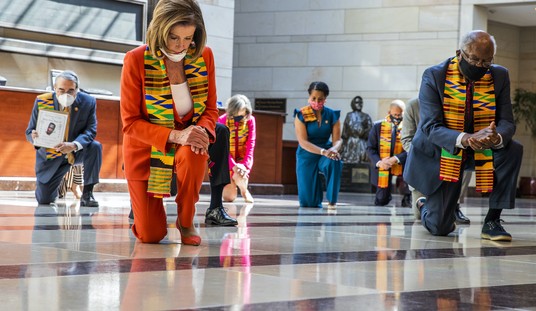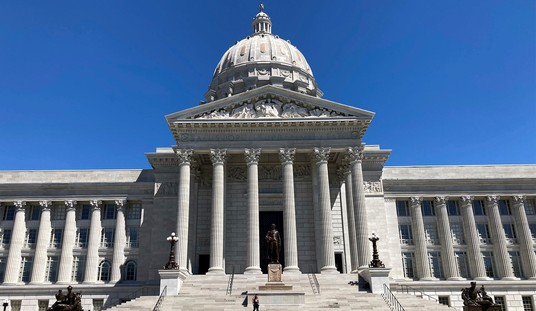
This week, the RedState Department of History delves into music — more specifically, of the patriotic kind, and the anniversary of one of our most popular national hymns.
On this date in 1861, the writer Julia Ward Howe awoke in the early morning with words to a song burning their way through her head. In the darkness, she fumbled for a pencil stub she had remembered using the night before and wrote out the words she was thinking almost without looking at the paper.
The words she wrote, of course, became “The Battle Hymn of the Republic.” That said, Ward’s words were set to a tune which had been used familiarly in the United States for nearly sixty years.
The first known words to the tune were called “Canaan’s Happy Shore“, sung in the early 1800s in the American South:
“Oh! Brothers will you meet me/On Canaan’s happy shore?
There we’ll shout and give him glory/For glory is his own!”
By the start of the American Civil War, though, the tune had been co-opted. Reportedly, the Second Infantry Battalion of the Massachusetts Militia came up with new words to pay tribute to John Brown, the abolitionist who incited a revolt at Harper’s Ferry, Virginia in 1859 and was eventually hung for treason against the State of Virginia. Aside from the classic “John Brown’s body lies a’moulderin’ in the grave” line, the six-stanza composition offered these verses as well:
He captured Harper’s Ferry, with his nineteen men so few,
And frightened “Old Virginny” till she trembled thru and thru;
They hung him for a traitor, themselves the traitor crew,
But his soul is marching on.John Brown was John the Baptist of the Christ we are to see,
Christ who of the bondmen shall the Liberator be,
And soon thruout the Sunny South the slaves shall all be free,
For his soul is marching on.
While watching a public review of troops with Howe in Washington, The Reverend James Freeman Clarke suggested she write new words to the song which was sung by the troops in their march-past. The next morning, Howe, whose husband Samuel was a member of the “Secret Six” group that funded Brown’s raid, was only too happy to comply.
In addition to the words that most Americans know so well, Howe also penned a final verse, which was left out of publication and thus never sung:
He is coming like the glory of the morning on the wave,
He is Wisdom to the mighty, He is Succour to the brave,
So the world shall be His footstool, and the soul of Time His slave,
Our God is marching on.
In very short order, Howe’s composition became the anthem of the Union and one of the greatest national songs ever written.
In popular usage, the song has both been performed beautifully and parodied in almost equal measure.
At Ronald Reagan’s funeral, National Cathedral 2004
Sung by the Soviet Red Army Choir
And in parody:
Blood Upon The Risers, U.S. Army Airborne marching cadence and gallows humor concerning a paratrooper’s chute failure:
“Gory, gory what a hell of a way to die!
Gory, gory what a hell of a way to die!
Gory, gory what a hell of a way to die!
And he ain’t gonna jump no more!”
Glory, Glory Man United – as a sports theme. Many English teams and some national soccer teams have adopted the tune with their own words.
Timeless, in its way. Happy Sunday and enjoy today’s open thread!














Join the conversation as a VIP Member